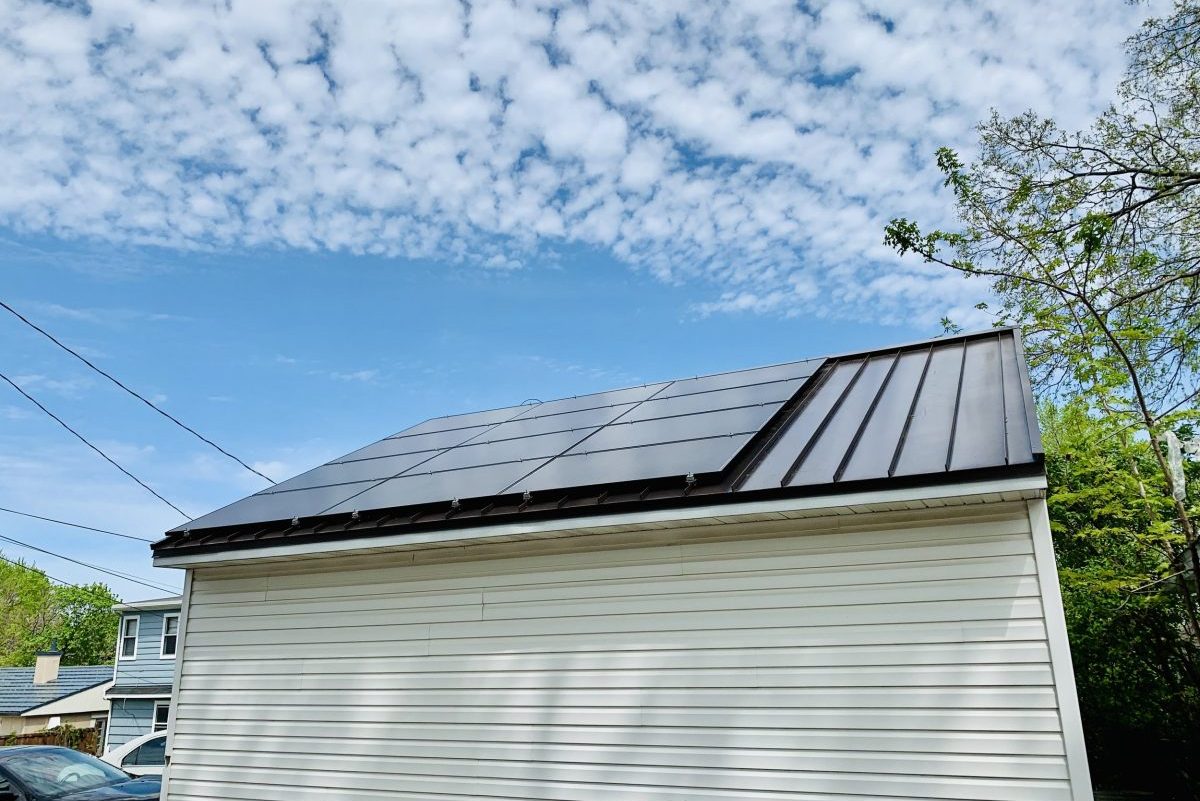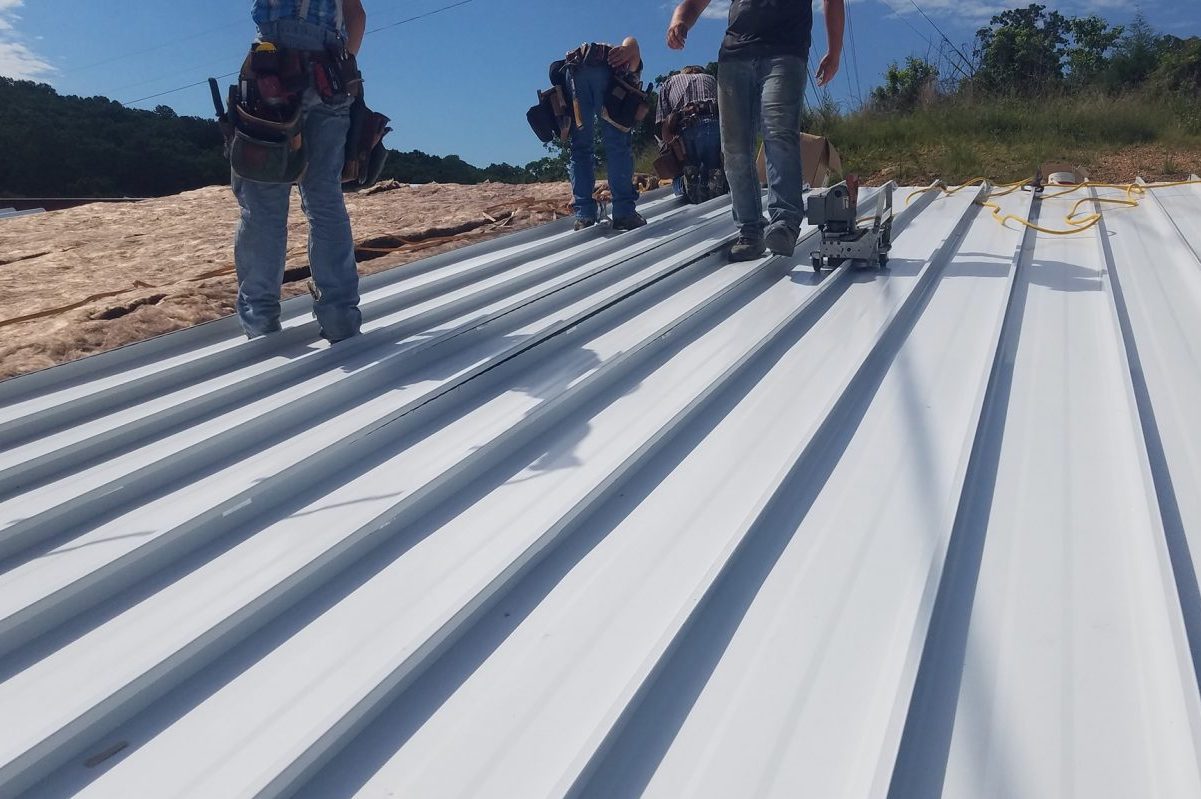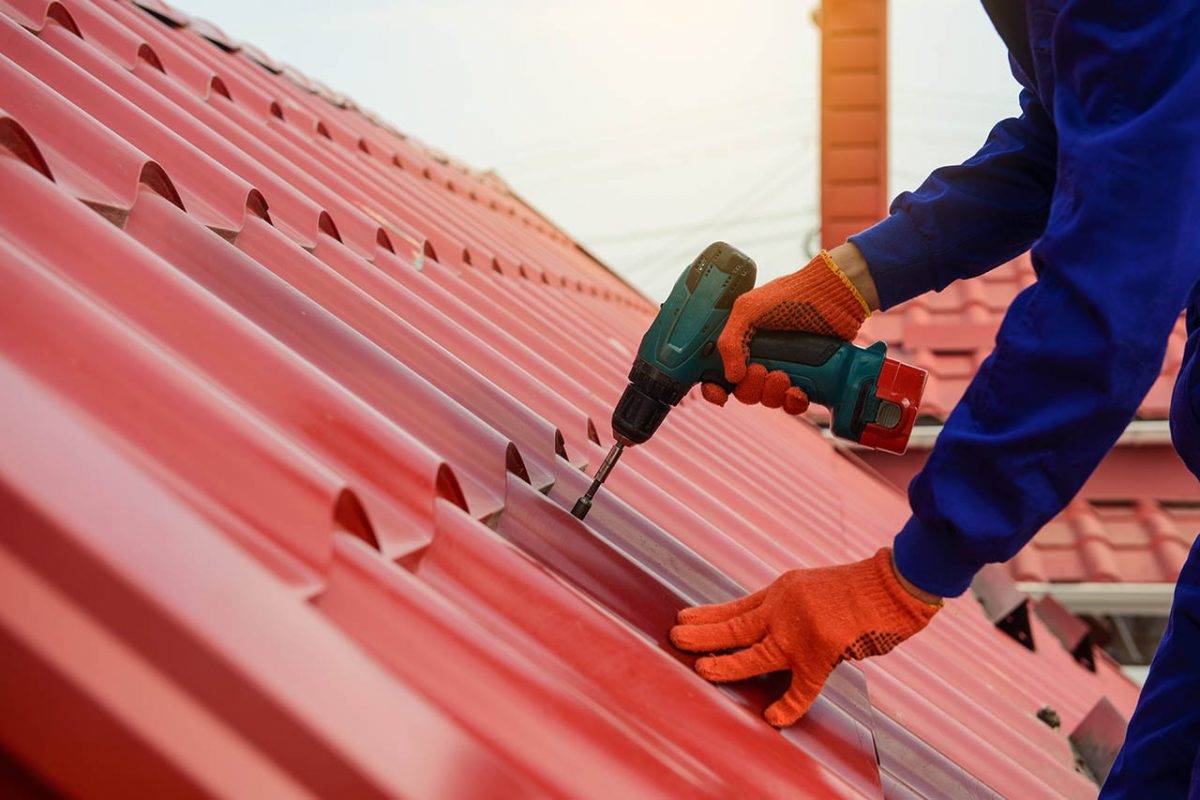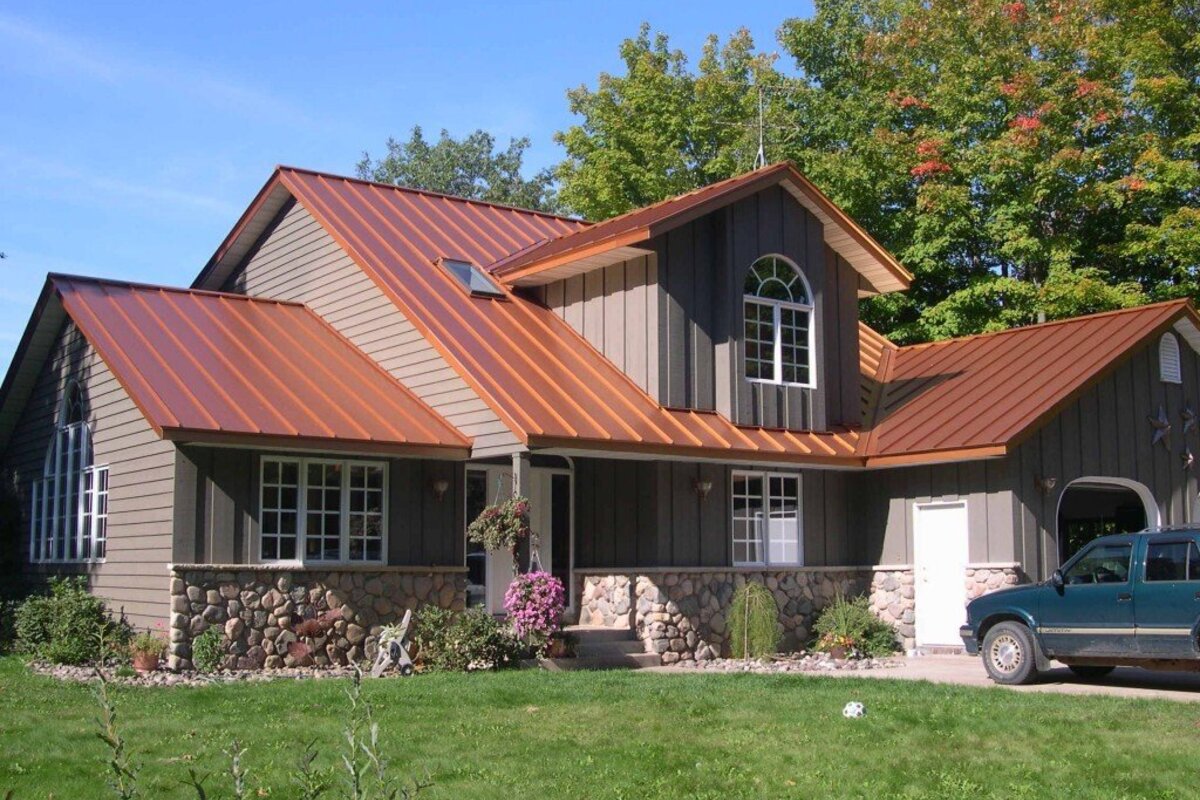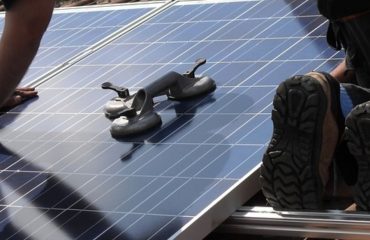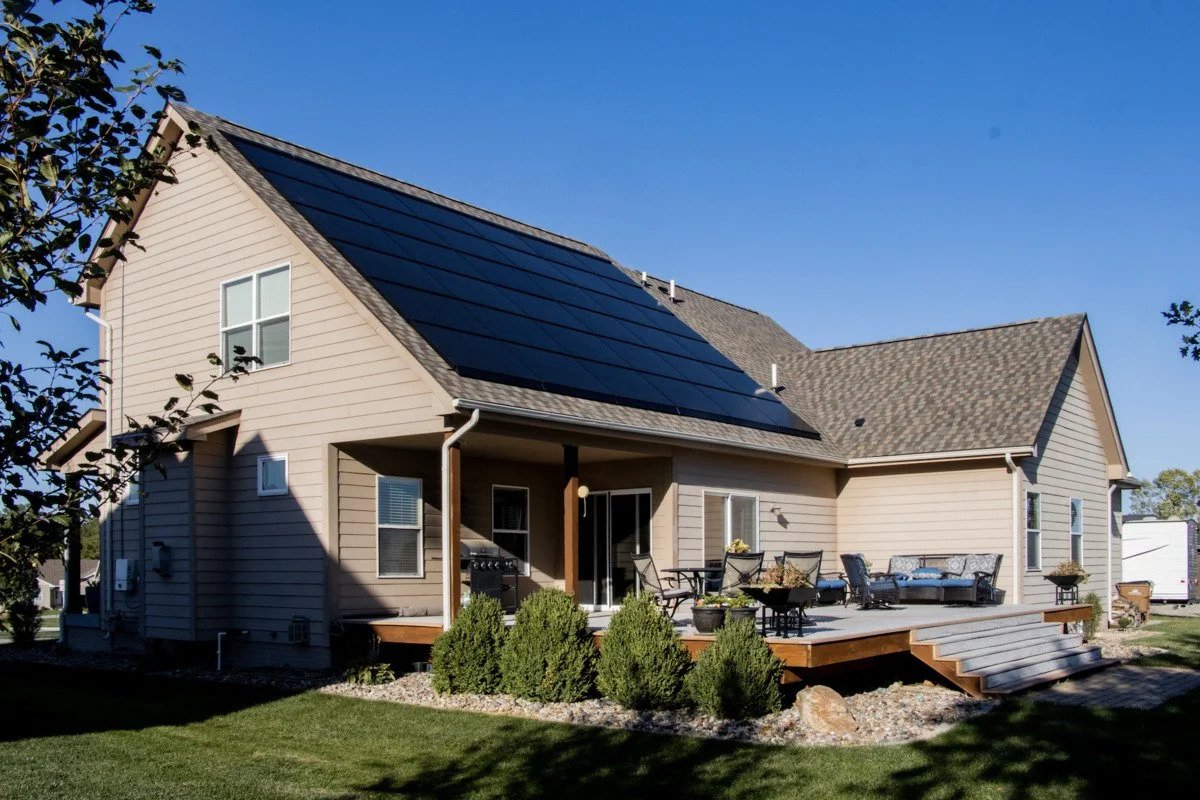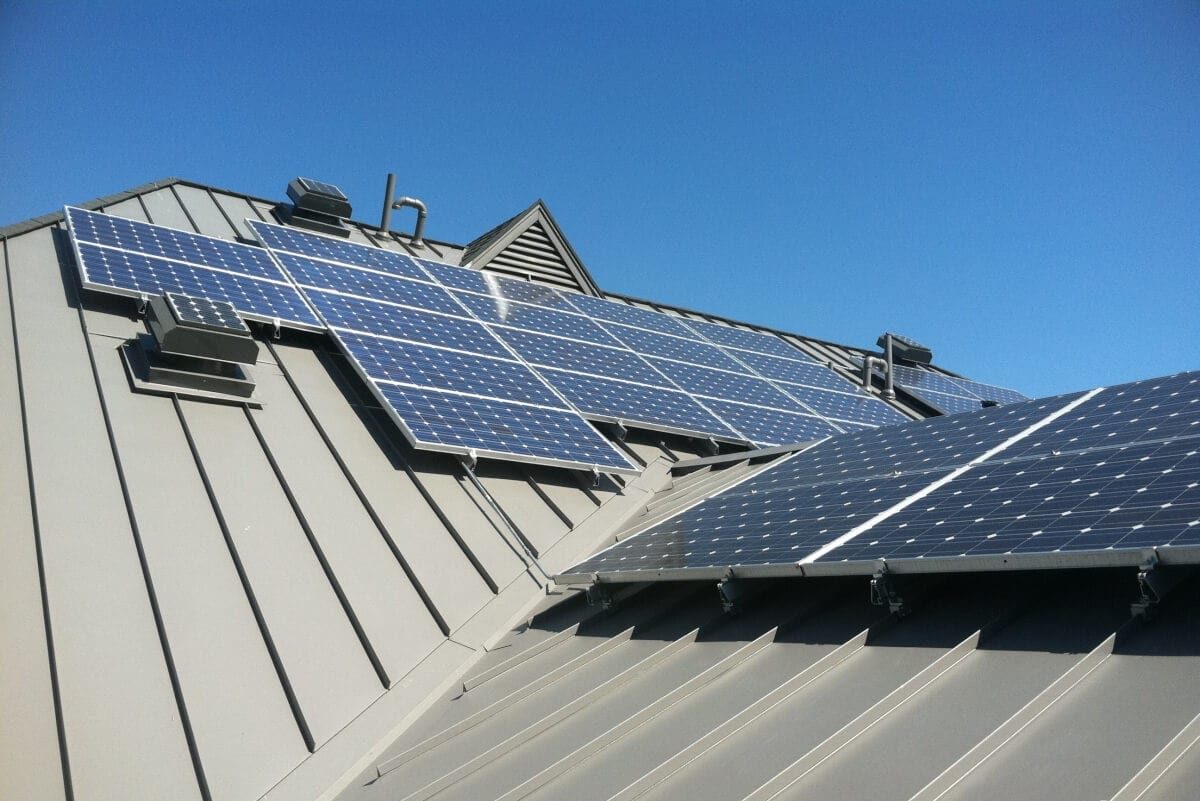The world is transitioning to clean energy, and many companies are on board. Green buildings with solar panels are gradually taking over the city, benefitting the environment and the economy.
Going green means lessening our carbon footprint. Solar panels emit much less carbon dioxide than burning gas and fossil fuels.
In the economic sense, solar panels help businesses save thousands of dollars (if not hundreds of thousands) on electricity. Plus, their support of the renewable energy industry opens up safer jobs than those in the “dirty” energy industry.
One key component of these buildings is metal, the material they’re most commonly built from.
Green Building Benefits of Metal
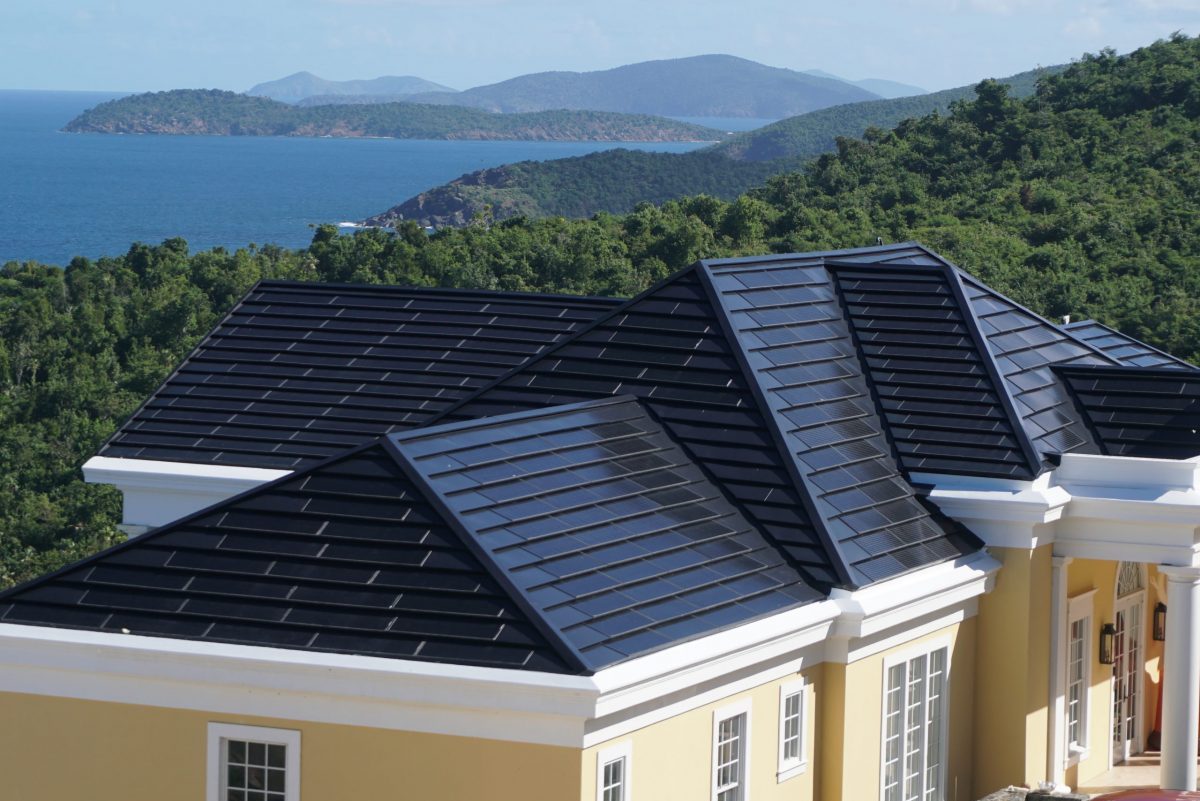
Energy Efficiency
Cool metal roofing has radiative properties that minimize heat transfer from the roof to the attic and the living area. This keeps air conditioning units from working too hard, lowering energy costs. Studies show that houses and other buildings with metal roofing reduce their cooling energy costs by 20%.
Recycled Component
The metal used in roofing has recycled components, which is way better than standard roofing materials that typically have new content. Recycling is a move towards a greener planet that we support.
Recyclability
Metal roofing is entirely recyclable once it reaches the end of its lifespan. This helps reduce the garbage being thrown into landfills and oceans. By using metal roofing, you can stop being a contributor to the 20 billion pounds of roofing the US produces each year.
Durability
Metal roofing has a long lifespan compared to other materials. It’s also resistant to a variety of weather conditions. Its durability and longevity discourage the use of different materials, especially raw materials, in the future.
Safety
Metal roofing has no health risk. It doesn’t emit allergens, gas, or harmful chemicals. It has been tested and proven to be non-combustible and resistant to hail, wind, and fire.
Strength and weight
Metal roof is only an eighth of the total weight of other materials used in roof shingles. That means metal does not lay too much weight on buildings and their foundations, which helps extend their lifespan. Yet despite it being light, metal is incredibly strong and sturdy.

